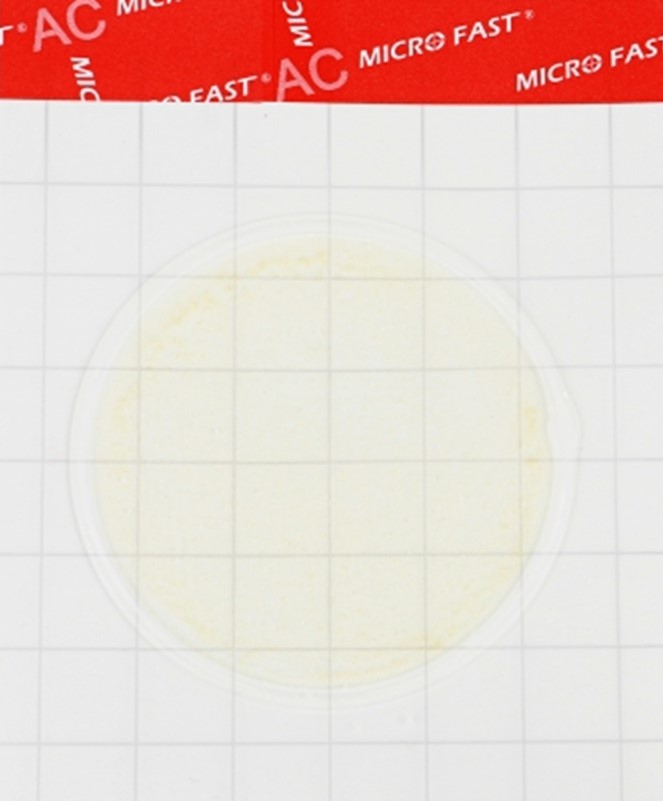Retailers will remove parasitic brands from shelves at the request of copyright holders

“The purpose of our agreement is to create an effective tool for self-regulation between retailers and suppliers, which will help prevent possible copying of brands on the market as a whole,” said Igor Karavaev, Chairman of the Board of ACORT. He added that the agreement is aimed at strengthening good faith cooperation between retail chains and suppliers and preventing hypothetical situations with the appearance of confusingly similar brands on the shelves. The parties to the agreement are member companies of the associations AKORT and Rusbrand.
According to Izvestia, we are talking about foreign brands that continued to work in RUSSIA and are sold in Russian stores. Rusbrand did not answer the question of Agroinvestor, which trademarks are covered by the agreement.
Izvestia, talking about the agreement, also writes that brands confusingly similar to well-known brands produce retail chains under their own trademarks (PL). The newspaper, citing manufacturers, notes that retailers create private labels whose packaging colors and fonts resemble popular brands.
The HEAD of AKORT, in a conversation with Agroinvestor, drew attention to the fact that there were no cases of detection of copied brands on the shelves of AKORT member retail chains. “ACORT member retail chains invest in the creation and development of their own unique brands, carefully monitor their originality and avoid copying other brands. However, if third-party suppliers offer retailers products that are similar to other brands sold in retail chains, the agreement provides for a procedure that will avoid the appearance of similar brands on the shelves and protect the copyrights of market participants,” he commented.
Karavaev also stressed that over the past year, hundreds of new brands have entered the Russian market, and effective self-regulation measures provided for by the agreement will prevent attempts to introduce goods that copy well-known brands into circulation.
In Russian retail chains, brands that are similar to popular brands appear, but it cannot be said that very often, said Olga Bondareva, Patent Attorney of the Russian Federation No. 2104 of the Ezybrand Patent Bureau. According to her, chains have already learned from experience and, as a rule, ask suppliers for a certificate of a registered trademark. A trademark certificate is a guarantee that Rospatent has checked everything and found no contradictions to the law. At the same time, at the beginning of 2022, there was a boom in the submission of designations by Russian applicants that are identical or very similar to well-known world brands, but such applications were denied registration, and the chains did not allow such goods on the shelf.
According to Olga Bondareva from Ezybrand, if a brand owner has found a copyright infringement on his trademark, one of the ways to restore justice can be a pre-trial settlement. To do this, you first need to install the responder (manufacturer / seller and store / site owner). The fact of a violation is established during a notary examination of the site of the violator and a test purchase of goods, as a result of which a claim letter is prepared and sent. If there are no details on the site or the owner of the site is hidden, you can identify the person by sending a lawyer's request or a request from an attorney to the domain registrar. They simply will not respond to an individual or legal entity.
A test purchase with a detective, fixing the fact of violation of exclusive rights will cost 50-80 thousand rubles. excluding the value of the goods. Notarization of the pages of the offender's site (fixing the fact of violation of exclusive rights on the Internet) will cost the copyright holder 30-45 thousand rubles. Lawyer's request (or request of a patent attorney) to the domain registrar to establish the owner of the site - 10-25 thousand rubles. This is done so that the violator does not hide the fact of the violation after receiving the claim. After fixing, a pre-trial claim is prepared, which is sent by registered mail with notification. The cost of such a service on the market is 10-30 thousand rubles.
If no response is received within 30 days from the date of sending the claim letter and the violation of exclusive rights continues, the copyright holder can proceed to the preparation and submission of a statement of claim and further judicial proceedings, Bondareva said.



























































